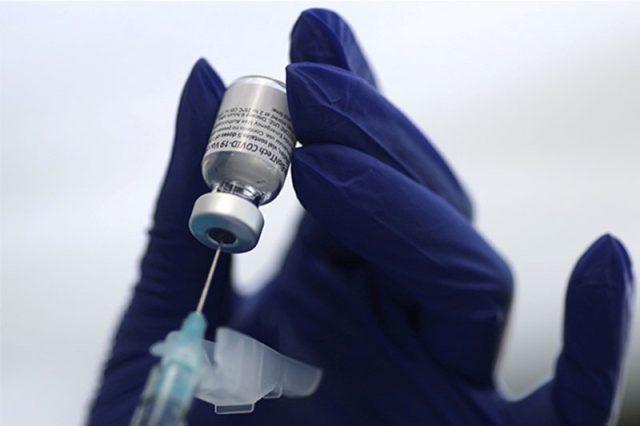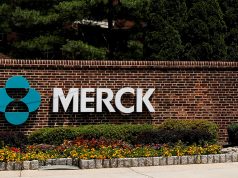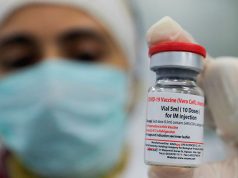
“Priorities.”
A 25-year-old newlywed immediately went to a vaccination site to receive her second dose of COVID-19 vaccine after attending her church wedding last Monday.
Marlyn Carabio was still in her full wedding attire when she and her husband arrived at the site where she was slated to receive her second dose of Pfizer vaccine.
According to an interview with ABS-CBN News, she did not have time to change clothes as her wedding ceremony ended at around twelve o’clock midday.
She and her husband arrived at the vaccinate site in Santa Fe, Cebu at two o’clock in the afternoon.
“Kasi po, pagkatapos sa simbahan, gusto ko po matapos ma-vaccinate dahil po malayo po ang bahay namin sa vaccination area,” Carabio explained.
“Dahil paglabas po ‘yan sa simbahan, hindi na ako nakapagpalit ng damit,” she added.
Carabio also said that she is happy to be fully vaccinated against COVID-19.
“Mas masaya ma-fully vaccinate kasi po malayo ang lugar namin, isla po. Masaya po, may naki-picture nga eh,” she said.
Carabio’s husband is scheduled to receive his second dose on October 26.
Her story earned her laudatory comments from online Filipinos who approved of her decision to get jabbed against the highly transmissible virus as soon as possible.
“Girl has her priorities straight!!” a Twitter user said with a series of clapping hands emojis.
“Ugh TAMA BEHAVIOR,” another online user wrote with a nail polish emoji.
“I stan,” a different Twitter user said in response to the news.
The Department of Health earlier said that getting vaccinated against COVID-19 reduces the risks of getting severe symptoms of the disease.
“Vaccines mimic the virus or bacteria that causes disease and triggers the body’s creation of antibodies. These antibodies will provide protection once a person is infected with the actual disease-causing virus or bacteria,” it said on its website.
“Vaccines differ in their composition and how they trigger the immune response to create antibodies. These antibodies protect the body from microorganisms and serve as protection once a person gets infected with disease,” DOH further said.
Vaccination is one of the ways to reach herd immunity against the virus.
A report from The Atlantic notes that the pandemic ends “when almost everyone has immunity, preferably because they were vaccinated or alternatively because they were infected and survived.”
“When that happens, the cycle of surges will stop and the pandemic will peter out,” the report said.








